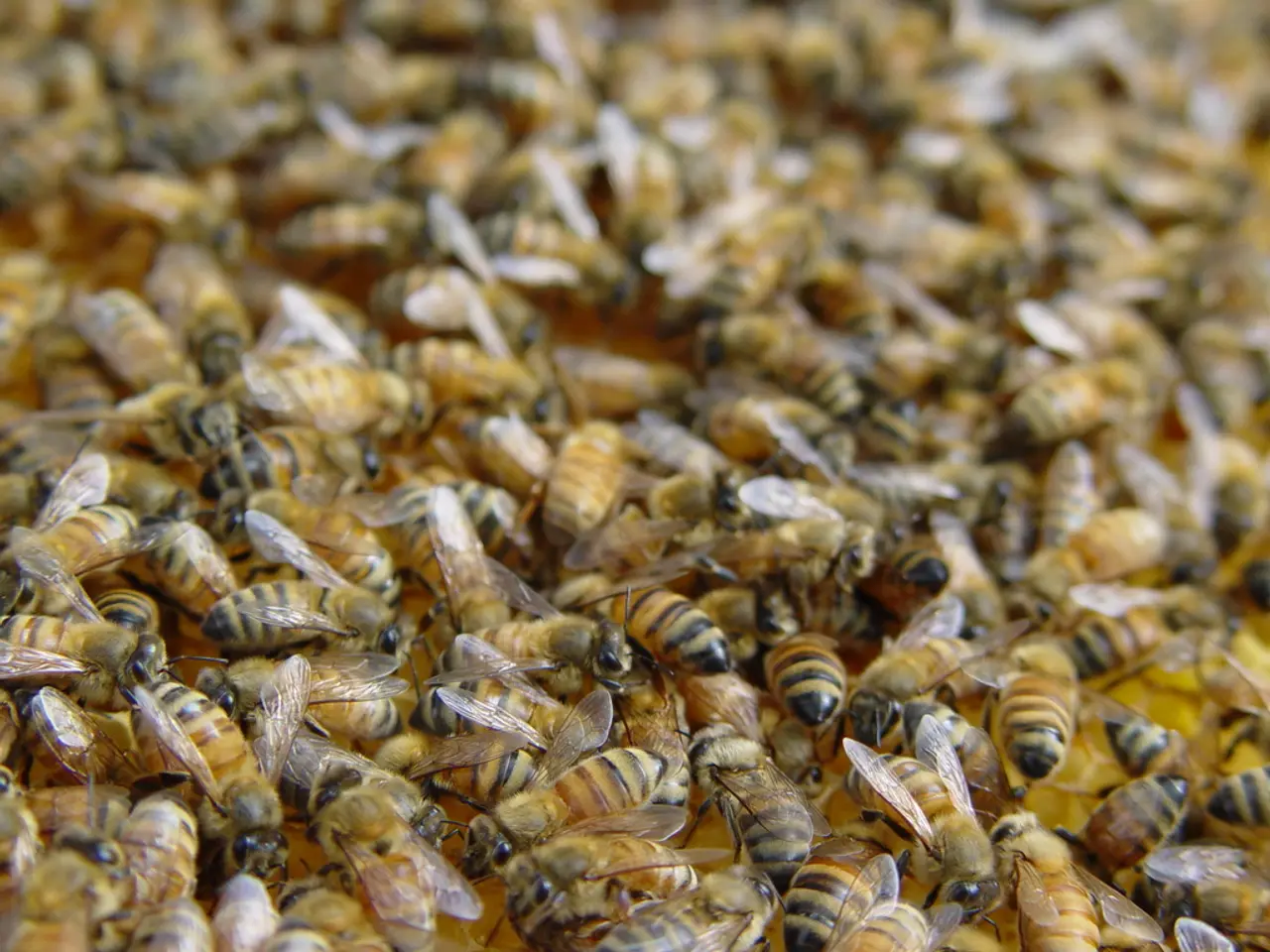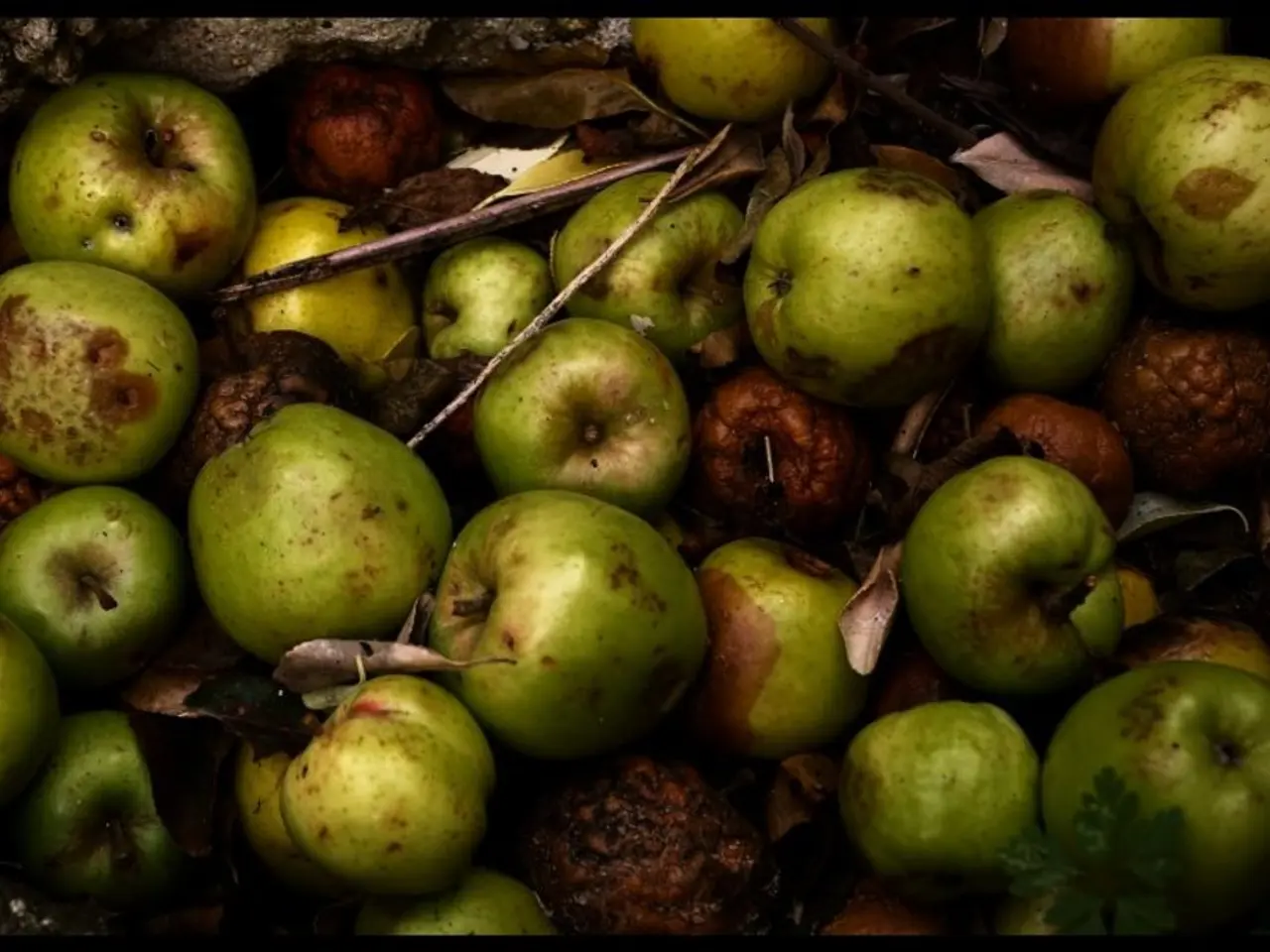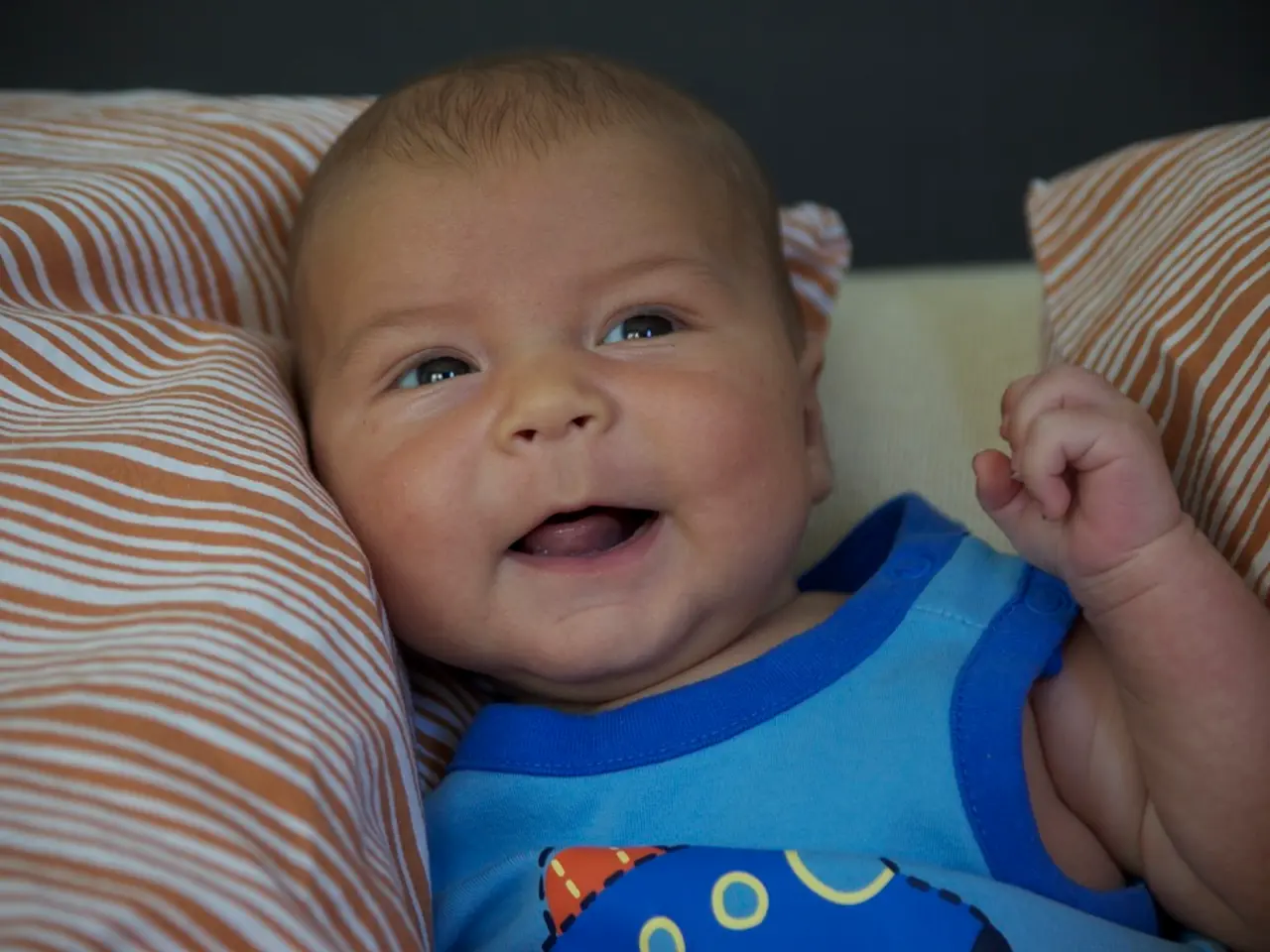Emerging Talent in the Field of Cancer Research Unveiled
Advancing Cancer Research at the University of Rochester
The University of Rochester School of Medicine and Dentistry is making strides in cancer research and education, with a new Cancer Biology curriculum at the forefront. This program, embedded within the University of Rochester Cancer Center, is designed to foster interdisciplinary collaboration and bridge the gap between laboratory discoveries and patient-oriented clinical applications.
One of the key figures in this research is Zachary Sechrist, a second-year graduate student in the Pathology-Cell Biology program. Sechrist's research is focused on the chronic, low-grade inflammation induced by tumors, which he believes could be a potential driver of cachexia, a common side effect of cancer that leads to muscle wasting and diminishes quality of life.
Sechrist is not alone in his pursuit. The program is building a pipeline of research trainees with a special interest in cancer, including students like Christina Kaszuba, a second-year student in the Biomedical Engineering graduate program. Kaszuba is studying leukemia's microenvironment in bone, hoping to discover which cell types or components contribute to cancer development.
Another student, Emily Quarato, a fifth-year toxicology graduate student, changed her focus to studying cancer after rotating through the lab of her graduate mentor, Laura M. Calvi, M.D. Quarato is now among the leaders of Wilmot Cancer Trainees (WilCaTs), a group formed by graduate students in the cancer biology concentration to support each other in their research and provide a social network.
The Wilmot Cancer Institute, under the guidance of Paula Vertino, Ph.D., the Wilmot Distinguished Professor in Cancer Genomics and senior associate dean for Basic Research at the UR Medical Center, is responsible for this special course concentration. Brian J. Altman, Ph.D., assistant professor of Biomedical Genetics and a member of Wilmot, now oversees the program.
Emily Whitt, a fourth-year student in the Pathology - Cell Biology of Disease graduate program, is studying the molecular switch that tells breast cancer cells to spread to other tissues. Whitt's research focuses on the phenomenon of chemical modification of proteins, called histones, that turn genes on and off, in relation to breast cancer cell invasion.
Bachelard Dieujuste, a second-year student in the Biomedical Genetics and Genomics graduate program, hails from Haiti and is focusing on the same phenomenon to promote breast cancer research.
The curriculum is gaining momentum with each new crop of students, and WilCaTs is growing and holding more student-led workshops where members can teach specific lab skills or techniques, review grant applications or papers, and work out the kinks on a grant proposal or scientific paper.
The focus and purpose of the Cancer Biology curriculum at the University of Rochester School of Medicine and Dentistry center on advancing research and education in cancer biology through interdisciplinary collaboration. This integrated approach ensures that trainees are prepared to contribute to innovative cancer therapies and advances in cancer care.
References:
[1] University of Rochester Medical Center. (n.d.). Pathology & Laboratory Medicine. Retrieved March 28, 2023, from https://www.urmc.rochester.edu/departments/pathology-laboratory-medicine
[2] University of Rochester School of Medicine and Dentistry. (n.d.). Graduate Programs. Retrieved March 28, 2023, from https://www.urmc.rochester.edu/education/graduate-education/programs/graduate-programs.aspx
[3] University of Rochester Medical Center. (n.d.). Wilmot Cancer Institute. Retrieved March 28, 2023, from https://www.urmc.rochester.edu/centers/wilmot-cancer-institute
[4] University of Rochester Medical Center. (n.d.). Cancer Center. Retrieved March 28, 2023, from https://www.urmc.rochester.edu/centers/cancer-center
- Zachary Sechrist, a second-year graduate student in the Pathology-Cell Biology program, is investigating the potential link between chronic, low-grade inflammation induced by tumors and the development of medical-conditions such as cachexia, a common side effect of cancer that leads to muscle wasting and diminishes health-and-wellness.
- Emily Quarato, a fifth-year toxicology graduate student, is among the leaders of Wilmot Cancer Trainees (WilCaTs), a group formed by graduate students in the cancer biology concentration at the University of Rochester School of Medicine and Dentistry. WilCaTs focuses on research related to cancer biology with the aim of advancing science in cancer research and health-and-wellness.




